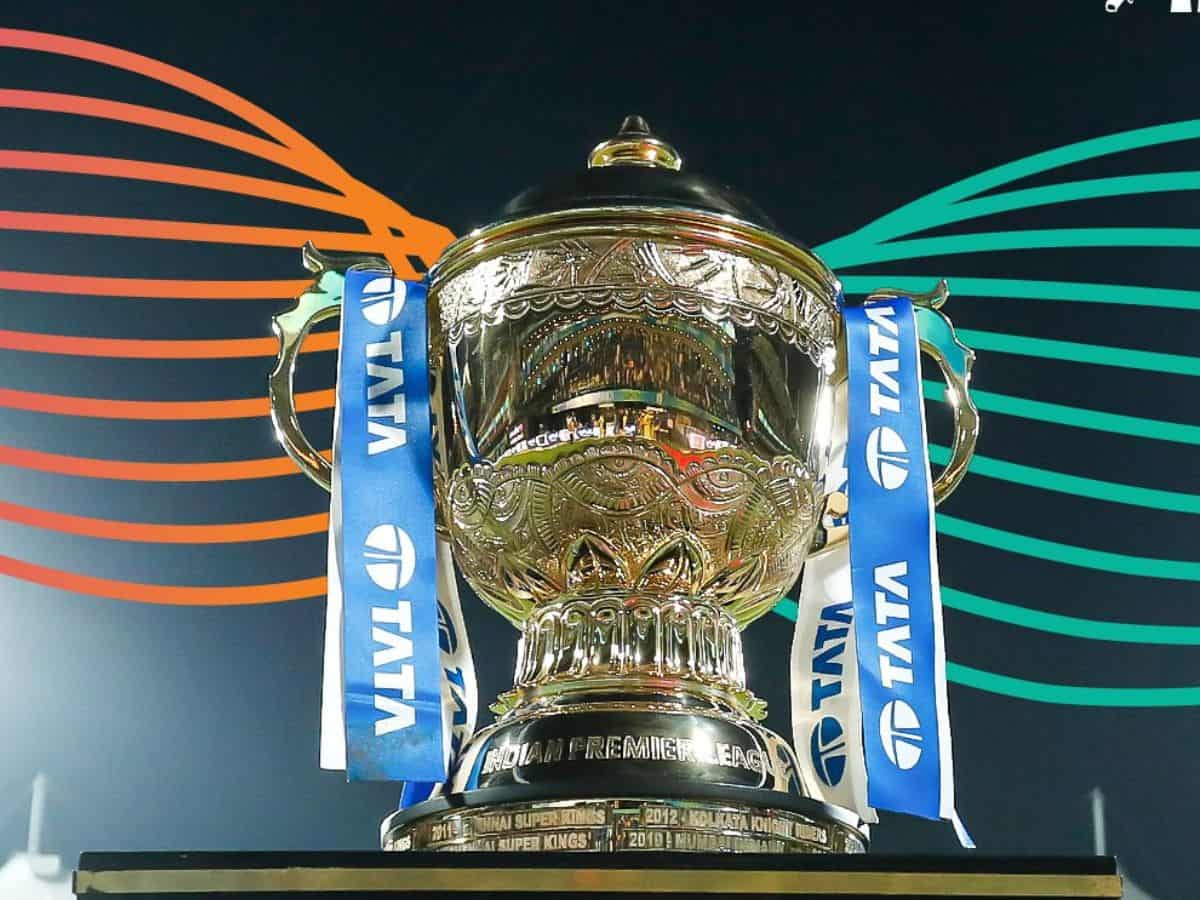
Mumbai: For years, Indian cricket fans have known that general elections in the country, held every five years, decide the fate of the government. It was in the year 2009 that they first realised that general elections can also impact cricket tournaments, especially the Indian Premier League (IPL).
The second edition of the IPL in 2009 ran into trouble because of the general elections and had to be moved out of India — played entirely in South Africa in a spectacular manner.
Though the Board of Control for Cricket in India (BCCI) proudly declares itself as a private independent body that does not seek financial assistance from the central government and therefore it contends that it is not governed by the government and thus does not need its permission to manage its affairs.
The BCCI had taken recourse to this argument many times in courts while opposing the government’s move to bring it under the ambit of RTI or while forcing it to manage governance reforms.
However, there is absolutely no doubt that there is one aspect related to organising a big tournament for which the BCCI is totally dependent on the governments — from the central government to state governments — and that is security.
The government, through the police, manages security and ensures the safety of players, traffic management, and crowd control in and around the stadium. All these aspects of organising a mega event are under the government’s domain and the BCCI, which had once thought of managing things at least inside the stadium through a professional force of guards but could not do so because private security guards do not have the mandate for that.
It is because of this the cash-rich IPL has been impacted by elections, especially as they clash with the LS polls, which are held every five years between March and June — the same window in the international calendar for IPL. Thus, the general elections have been a worrisome factor for BCCI and have proved a big nightmare for the IPL Governing Council every time.
A look at how the general elections have proved a nightmare for the IPL Governing Council
2009 — The then central government refused to provide security because of a clash of dates with the multi-phased elections. Lalit Modi, the then IPL Commissioner moved the entire IPL out of India and the second edition was held in South Africa. Questions were raised after the event, both in India and South Africa, as money was alleged to have changed hands to convince Cricket South Africa to put its venues at the disposal of BCCI to conduct the event.
2014 — Part of the tournament was held in the United Arab Emirates (UAE) as the central government again refused to provide security because of the elections. As a result, the first 20 matches, starting from April 16, were held in the UAE at three different stadiums in Abu Dhabi, Dubai, and Sharjah with the tournament returning to India on May 2.
2019 — Despite the general elections, the entire IPL was held in India, though the BCCI had to do a lot of juggling of matches to avoid clashes with poll dates across venues. Most of the tournament was held in India.
2024 — The IPL governing council only released dates for 20-odd matches in the first phase. The dates for the remaining second phase will be announced soon.
Till a few days back speculation was rife that the BCCI may be forced to take IPL 2024 abroad once again — so much so that some franchises even decided to collect the passports of their players so that the teams could follow suit if the IPL was moved out of India. UAE is the most likely venue. However, the BCCI has dispelled all such talks and insisted that the event will be played in India.
Now that the dates for polling have been announced by the Election Commission of India, the NCCI is now working on the fixtures for the second phase around the election dates.
Their worry may be over more or less this season, there is no guarantee that the general election will not emerge as a worrisome factor in the history of IPL.
(with inputs from IANS)
